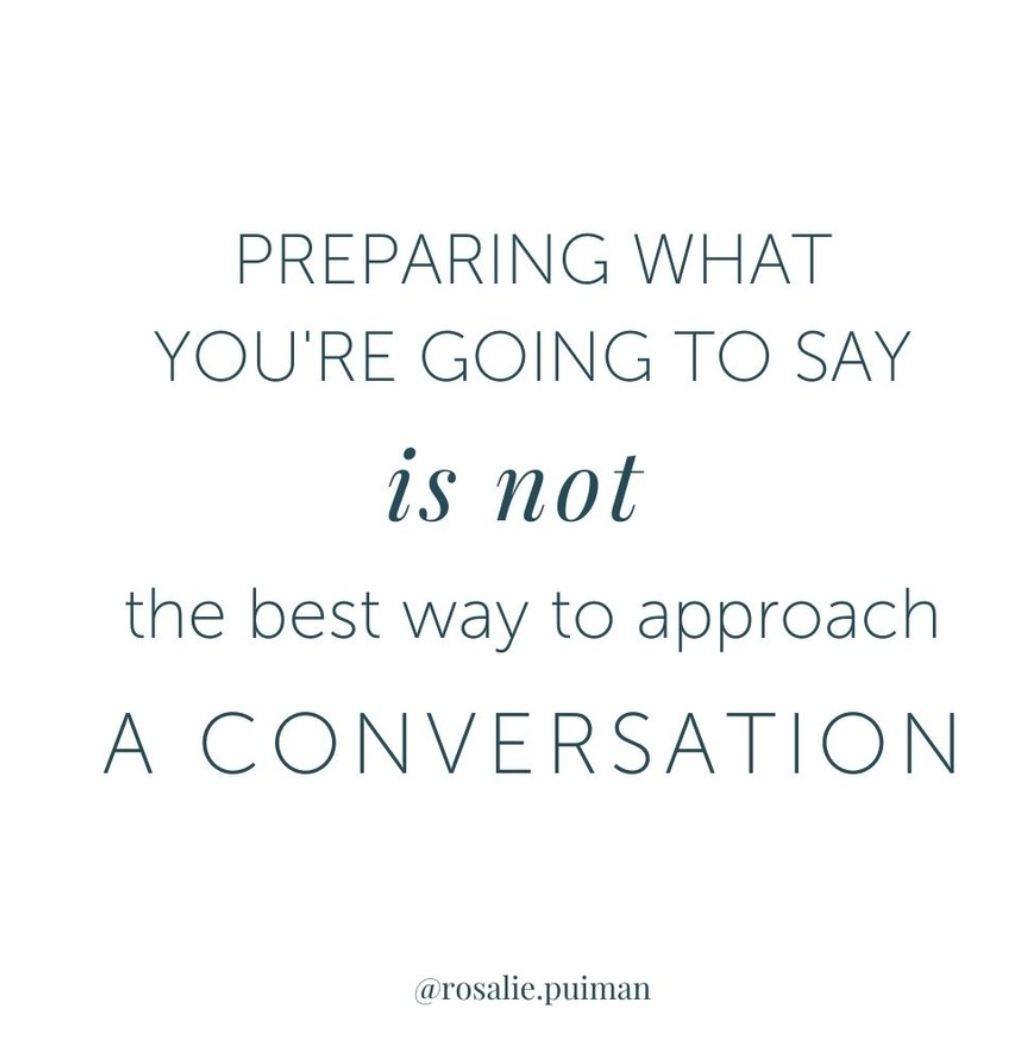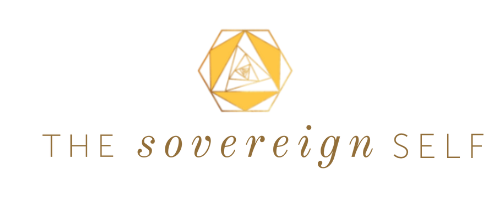How do I prepare myself for a difficult conversation or meeting? This is the number 1 question people ask me about my book, The Mindful Guide to Conflict Resolution.
And I get that. Because we are trained to believe that our preparation decides whether we fail or succeed. It gives us a sense of control, because if we prepare ourselves well for something, we influence the outcome.
And of course, to a certain extent this is true. But this is also the reason why so many people dread (potentially) difficult conversations and meetings so much:
they’ve experienced that even when they’ve prepared well,
they still cannot control the outcome of the interaction.
Stronger put: even when they’ve prepared their asses off, things can get horribly out of hand. I know I’ve been there, and I’m pretty sure you’ve been there too.
Maps versus Signs
So why is that? And more importantly: what to do about that?
That’s what this blog is about.
Let me come to the most important thing first. The crucial understanding about preparing for difficult conversations is in this quote:
”When you go on a journey, a map can be useful.
But once you embark, signs are a necessity
When I first read that: light bulb moment. This sums it up. This quote is a pretty nice guideline for life itself, and it sure as hell will help you navigate difficult conversations and meetings.
Let me explain.
The downside of preparing
When you prepare what you’re going to say (and what you want the precise result of the conversation to be) you’re focus in the conversation will be on:
a) remembering the words and sentences you’ve prepared
b) looking actively to find the moment to say them
c) rigidly searching for ways to get to your planned result.
Thing is though: the magic and opportunity of conversations is IN the ACTUAL conversation, not (at all) in the preparation.
When you’re prepping, you’re focused on your take on things. And you’re considering how to persuade the other person to see a/o accept that.

The results of preparation
But then you get into the actual conversation. And the other person or people are present there. They have also prepared their side of the story and they also have a desired result in mind.
And guess what: that doesn’t align with yours.
Now, two things can happen. Either you hang on to your safety net and start defending your position and dreamed result with vigour. You fight to make them see why you are so right (and they consequently aren’t).
Or you let all preparation go in that moment and move with what is happening in the moment. When you take this last approach, I’m sure your results will be closer to your desired outcome then when you opted for option 1.
However, at the end the question in either case will be: why prepare in the first place?
The power of the moment
In the actual conversation you’re with the other person. If you listen curiously and share your perspective with sincerity, there’s a steep increase of available information and knowledge. Both of you learn things.
This makes new possible solutions available, new insights, new ideas, new connections.
And as these new options are based on two perspectives instead of just one, they will be richer and probably better.
So. How do you prepare for a difficult conversation?
It is as quoted above: it can be helpful to have a map, which in this case is a metaphor for knowing where you stand on the issue at hand, knowing roughly what would be an acceptable outcome for the larger entity involved (for example: you should know if offering a settlement is something your boss or investors would accept). In cases where legal is involved you should know the rules and have read the dossier.
But like when you go out on a hike and you bring your map and you’ve picked the route, you’ll still have to be mindful of the sign posts and other markers to actually find the way. Having a map will not prevent you from having to follow the signs once you set out.
Signs in a difficult conversation are for example the things the other person says. The body language you see (and experience in yourself), the gut feeling you have.
You already know what you think about the subject (if not: yes you should prepare that part). The biggest fear people have is that they won’t know how to speak about their views in the moment.
But the thing is: if you stop using your mind to fret about the things you prepared and instead allow it the freedom to respond in the moment (and come up with the wit, smartness etc on the spot), you’ll be astounded by the results.
I can promise you that you’re definitely capable of finding the right words in the moment. The only thing required from you is the courage to be fully present in the conversation and to trust that what is most needed will come up.
My invitation to you is to give it a try & share your experience below in the comments (or in my free, private Facebook group Sovereign Leaders)
Rosalie Puiman is the founder of The Sovereign Leader and the author of The Mindful Guide to Conflict Resolution. She works with executives and founding teams to bring forth effective, impactful and purpose-driven success.

